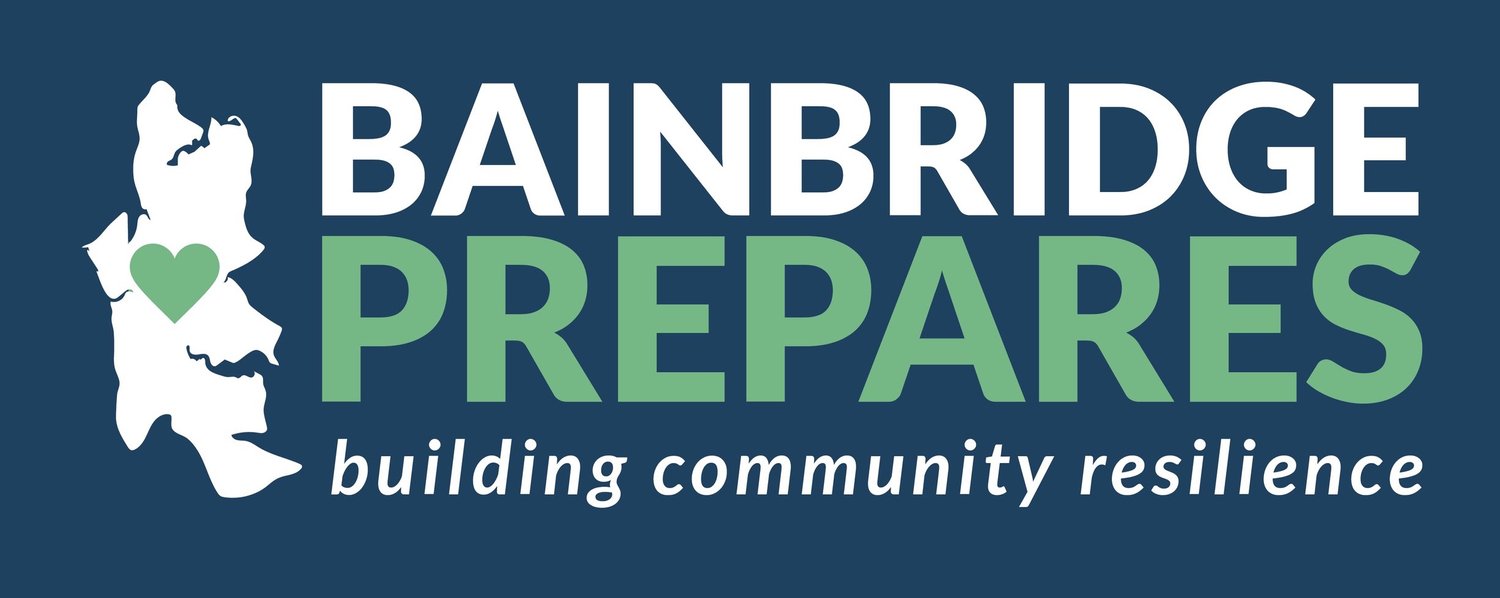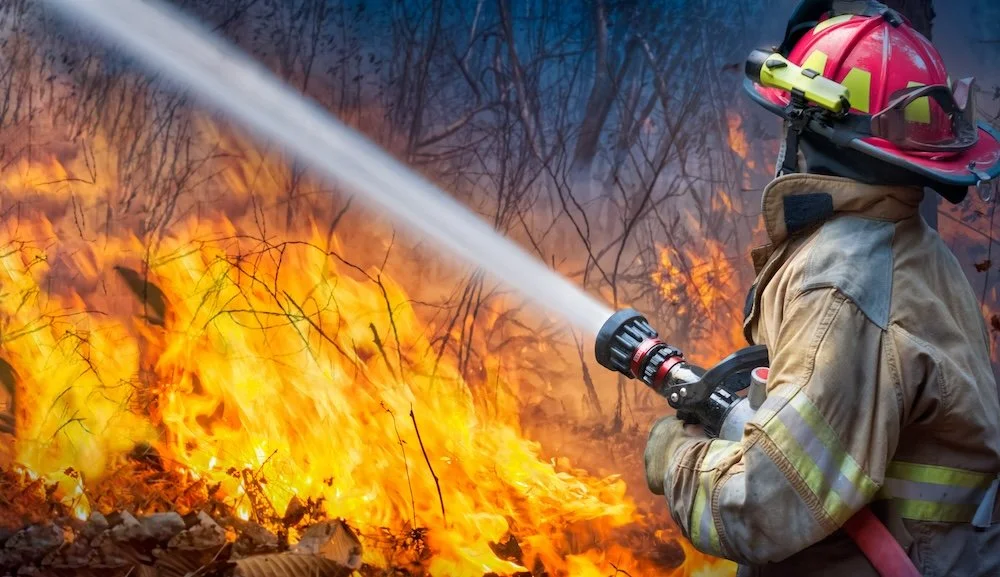Individuals
As individual citizens, we play a vital role in our community’s journey to become the most prepared town in Washington State.
When disaster strikes, our first responders will be overwhelmed and focused on taking care of the community’s core infrastructure. Additional help from outside the area won’t arrive for weeks due to the likely destruction of regional transportation systems.
It is our responsibility—not that of City Hall or the Fire Department—to be able to take care of ourselves and our neighbors for at least two weeks after a widespread natural disaster.
Watch the brief video above to learn what you should do in the first five minutes after an earthquake to secure yourself and your loved ones.
Start Here
Download the PDF to learn more.
-
Prepare with your neighbors.
-
Nixle is a free notification system used by our police, fire, and city to alert subscribers about emergencies. Text your zip code to 888777 to enroll for free.
-
Learn more about the emergency supplies you should have.
-
Look up your closest Disaster Hub.
-
-
Watch our calendar for training opportunities throughout the year.
Learn more about the City’s Are You Bainbridge PrepareD? program.
Additional Actions to Take
Fire Evacuation Zone Map
Look up your wildfire evacuation zone.
Complete this family reunification plan.
Attend our annual Day of Preparedness event and other events throughout the year.
Listen to this podcast series we did with BARN.
Watch this short video series from the Cascadia Rising 2022 event




